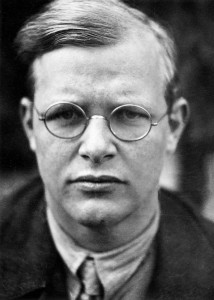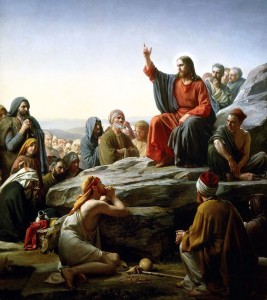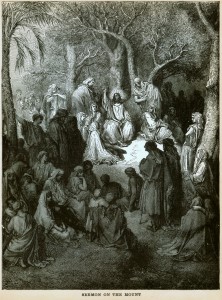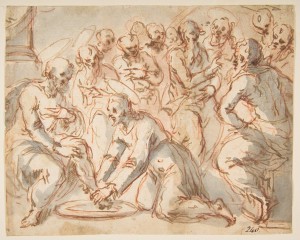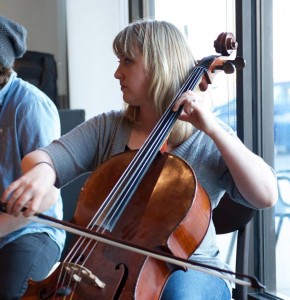How do you practice discipleship in the middle of suffering?
When everything seems aligned against you, seems to be throwing up barriers to your life with God, how do you continue walking in the way of Jesus?
Dietrich Bonhoeffer was a pastor and theologian in Germany during the Third Reich. He gave all that he had to fighting evil. Including his life. Bonhoeffer wrote a book entitled The Cost of Discipleship. He truly knew what that meant.
Bonhoeffer’s theology was first of all Christ-centric, but second it was centered around community. He wrote that the way to successfully practice discipleship in the midst of suffering was found in the idea of the Sermon on the Mount.
The practices of turning the other cheek, going the extra mile, giving up the cloak, these were all essential to staying true to Christ when the darkness is enticing you to give up.
This seems counterintuitive. When evil and injustice are all around, we want to fight, to punch back. God, in fact, tells us to do the opposite.
God tells us to feed our enemy, to give him water to drink when he is thirsty.
Not once does God tell us to punch him in the nose.
Paul tells us in Romans to overcome evil with good.
This is how we practice discipleship in the middle of suffering. This is how we die to ourselves, and in so doing, bring God’s kingdom rule to our world.
Jesus was, after all, as he was teaching these practices, living in the middle of his own enemies.
Part of the way we are able to have the strength to live out the Sermon on the Mount while surrounded by our enemies is by knowing that we are not alone.
Jesus is Emmanuel, God with us, and he has not left us alone. He has given us his Spirit inside of us and is himself praying for us before the Father.
We also have each other. This was the other piece around which Bonhoeffer’s theology revolved. The way we are able to follow the commands in the Sermon on the Mount, the way we successfully practice discipleship when everything seems conspired against this kind of life, is by living it together.
We are the body of Christ, and together we are stronger than each individual. Together all the parts of Christ are joined and are unified in one heart and mind. Together we are united with Christ in the bringing of his Kingdom on earth as it is in heaven.
We are to speak God’s truth to each other, encouraging each other to continue the incredibly difficult practice of dying to ourselves and living for Christ. No matter our circumstances.
In Christ, we are together even when physically apart.
We are one in Christ, and in Christ we can do this.
So encourage each other as you continue to live out your discipleship in the middle of your enemies by loving them well.
God will take care of the rest.
To hear my blog post read aloud, just click the play button. If you’re reading this in an email, you may have to click here to hear the post on my site.
Art credits: photograph of Bonhoeffer from The New York Times; The Sermon on the Mount by Carl Bloch; The Sermon on the Mount by Gustave Doré; The Road to Emmaus by Robert Zünd; Christ Washing the Disciples’ Feet by Francesco Vanni

